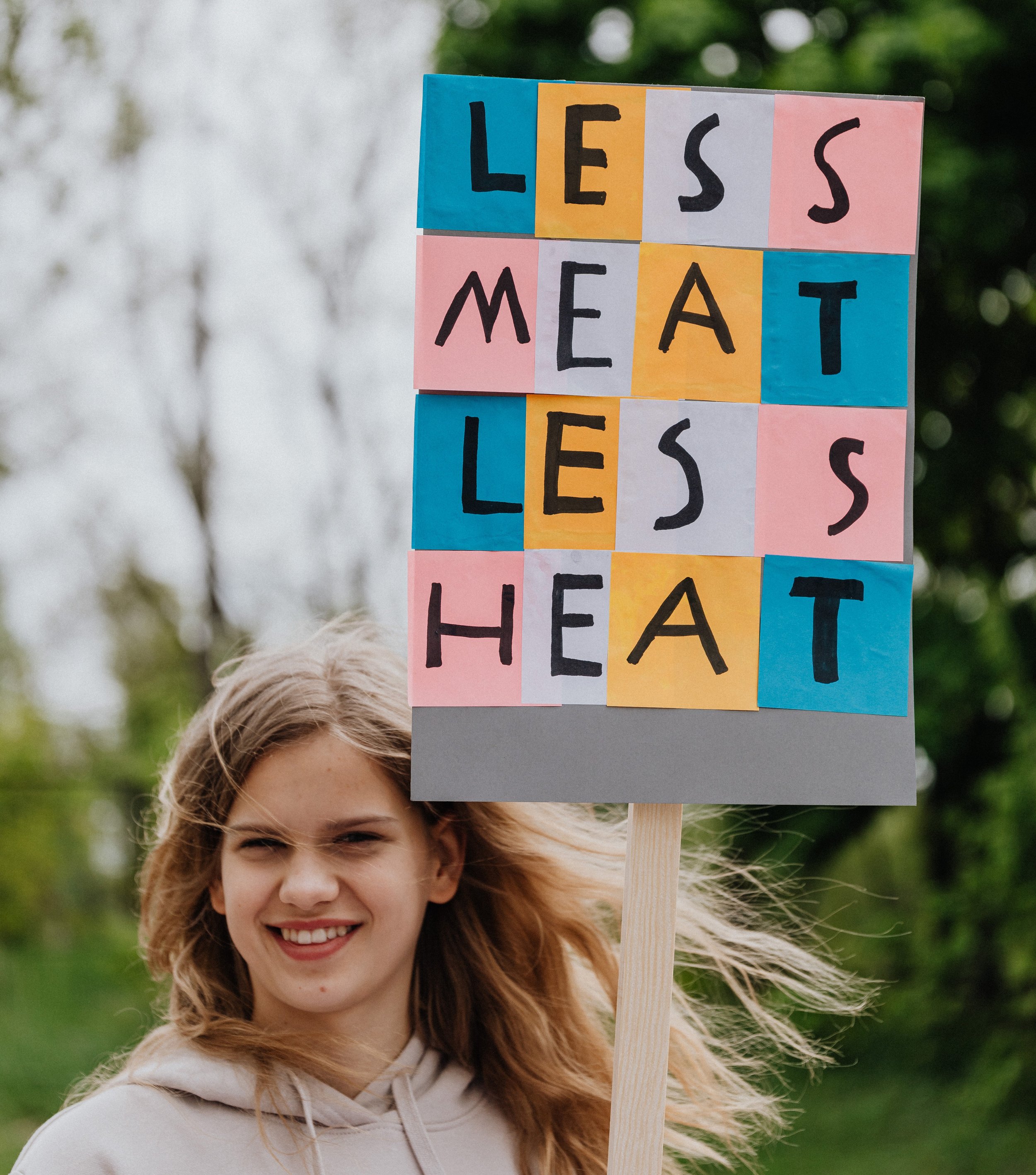Glimmers of Hope?
For the most part, the environmental establishment ignores or downplays the decisive role of animal agriculture in advancing climate change. A few glimmers of hope are beginning to emerge. For example, Dr. Peter Carter, an expert reviewer for the Intergovernmental Panel on Climate Change (IPCC) recently said that the climate crisis will get worse unless meat and dairy are removed from diets. And no less of an international luminary than the pope urged people to eat less meat to tackle climate change.
Are gestures like these too little, too late? Are there serious efforts underway to reverse climate change by curbing animal agribusiness?
In July, the 2022 Vegan Climate Summit featured a variety of perspectives from thoughtful people who are working toward a sustainable planetary future. The fact that vegans even need to convene a separate event — rather than assuming leadership roles in mainstream initiatives — suggests a long road ahead.
Keynoter Sailesh Rao, Ph.D., is an engineer, researcher, educator, advocate and founder/director of Climate Healers, a group “focused on promoting a new story of human belonging in nature and a new phase of humanity as we evolve to a vegan world by 2026.”
After presenting a troubling array of charts, stats, and observations, Dr. Rao concluded that we have only until 2026 to reverse a lethal rise in temperature. He outlines two choices: We can continue to heat the planet and create the “Venus syndrome,” in which “runaway” greenhouse gases produce a surface temperature of 864 degrees Fahrenheit -- or we can heal the planet and “harmonize” the climate.
“[Global] land use shows us that there is a solution available, and that is veganism,” Dr. Rao believes. “If we wait for government, it will be too late, but if we act as communities, it might just be enough.” He takes inspiration from the late Buckminster Fuller, who wrote, “You never change things by fighting the existing reality. To change something, build a new model that makes the existing model obsolete.”
One promising new model is the vegan food forest. As founder/director of Sadhana Forest, Aviram Rozin works with communities in several developing countries to introduce wasteland reclamation, sustainable living and food security through ecological transformation and veganism.
Focusing on arid lands in India, Kenya and Namibia, Rozin and his volunteers plant indigenous, drought-resistant, food-producing trees. Areas of hunger and malnutrition become food-secure communities. “At the same time, it’s a transformation towards a greener world,” he notes.
Vegan activism continues. A Worldwide Vegan Climate March is scheduled for May 6. Its organizers invite you to “join us as we march for a sustainable, plant-based future free from the environmental devastation caused by animal agriculture! As part of this global day of action, we will champion the Plant Based Treaty, a first-of-its-kind international treaty that puts food systems at the forefront of combating the climate crisis.”


